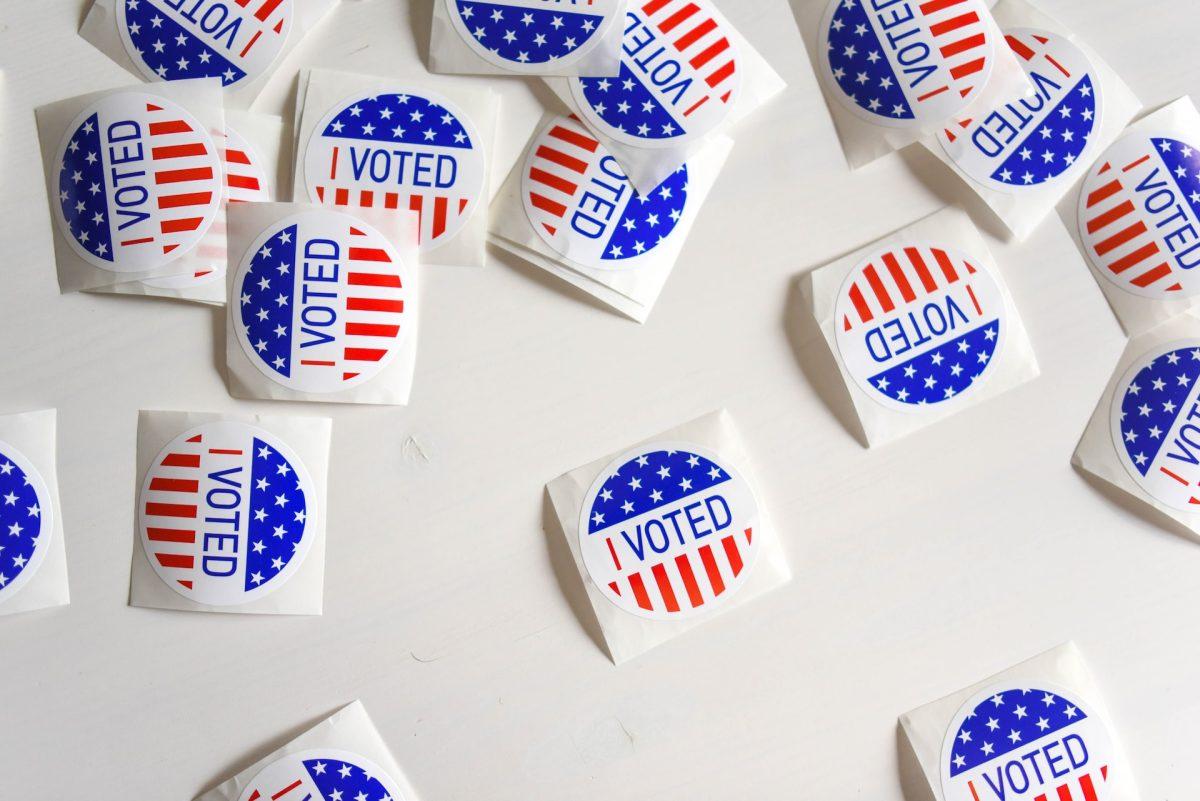The 2022 midterm election results surprised many as Republicans did not see the “red wave” they were expecting. History-making races in some states elected female and queer candidates to state offices for the first time, and states with abortion restriction amendments on the ballot protected the right. Candidates supported by former President Donald Trump did not win many of their seats.
“The midterm elections are not usually good for the party in power, but Democrats pulled it off in a lot of key states,” said junior Tess Dorman, membership director for Drake Democrats.
Though election results are still coming in at the time of this story’s publication, Democrats have managed to keep a majority in the U.S. Senate. The House of Representatives, however, is predicted to be under Republican control for the next two years.
Despite Republicans holding their own in hard-fought victories, they did not see the “red wave” allowing them to take back both chambers of the legislative branch. Drake political science professor Kieran Williams offered a reason as to why the party underperformed at elections this cycle.
“The primary process sometimes produces candidates who might appeal to a relatively select base within the political parties but then have trouble pivoting at the general election,” Williams said.
Williams’ reasoning explains why candidates who denied the results of the 2020 presidential election performed poorly. These right-wing views did not play well with moderate voters participating in the general election.
Dorman said that candidates that highlight their extreme conservative views are almost more beneficial to Democrats.
“During [the] primaries, Democrats actually backed these far-right, Trump-backed candidates [because] they thought they were [going to] be easier to beat,” Dorman said. “Americans see them as too extreme.”
While there was no major “red wave” in the United States, Iowa voters sent Republicans to Washington D.C. in all the states’ districts as well as reelecting incumbent Republican Gov. Kim Reynolds to another term. In previous decades, Iowa had been known as a “purple state,” having voted for Barack Obama in both the 2008 and 2012 presidential elections, but the recent red wave in Iowa may change minds.
“I think we can expect to see the same Republican-dominated policy that we’ve been seeing the past two years,” Dorman said.
According to the Des Moines Register’s early election coverage, many statewide races had a notable gap in funding between Democratic and Republican candidates. Throughout the race for governor, Republican incumbent Kim Reynolds had millions of dollars more to work with than Deirdre DeJear, the Democratic challenger.
Remapping of districts may have factored into results as well, as it caused some incumbent state legislators to run against each other, according to the Des Moines Register. Some newly-created districts had no incumbent candidate. Republicans have a majority in both state legislatures, giving Republicans more control over future legislation.
Iowa ballots also had voters decide on Public Measure 1, an addition to the Iowa state constitution that complements the U.S. Constitution’s Second Amendment, which applies strict scrutiny to any restrictions on the right to bear arms and specifies that the right will not be infringed upon. It passed with a majority of 65.2%, according to the Associated Press.
This amendment will drastically affect any future gun safety legislation, such as measures to restrict purchase of guns by convicted felons or domestic abusers, according to the Giffords website, an anti-gun violence organization led by former Congresswoman Gabriel Giffords.
In terms of how this will affect Drake students, the election results may directly impact the opportunities available to students who want to work in public policy, according to Williams.
“It will maybe affect the opportunities that students will pursue for things like internships and clerking and possibly even work in staff after graduation, depending on the party affiliations of representatives,” Williams said.
The decision on where to apply would be up to individual students, but the range of options would be affected by the results of the midterms.
Students will also be affected by potential policy changes made possible by the Republican majority in the state legislature, namely in terms of abortion rights or gun safety laws.
However, the Des Moines area isn’t following the majority of the state, as Drake alumnus Izaah Knox and Ako Abdul-Samad, both Democrats, are headed to the Iowa Senate and House of Representatives, respectively.









